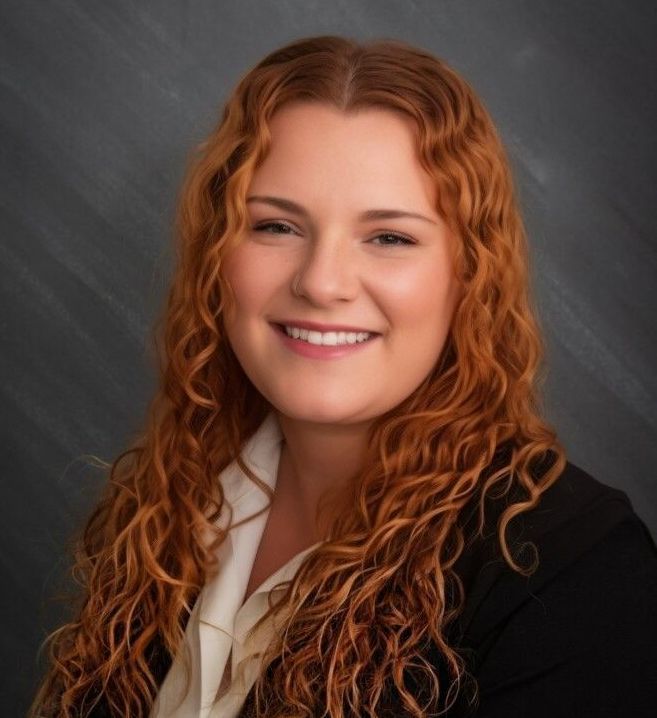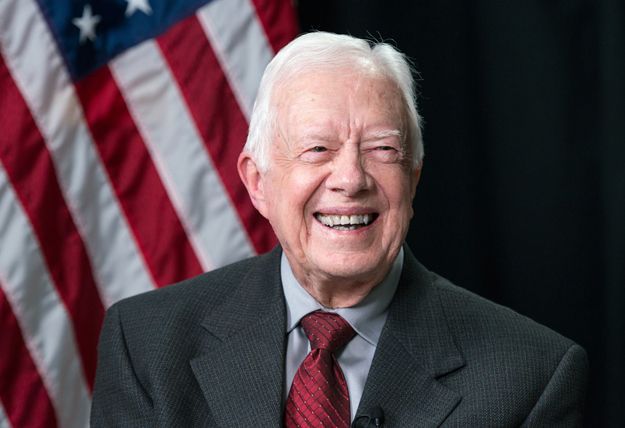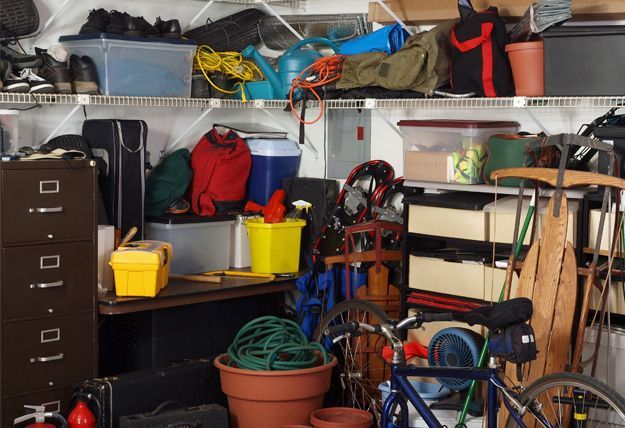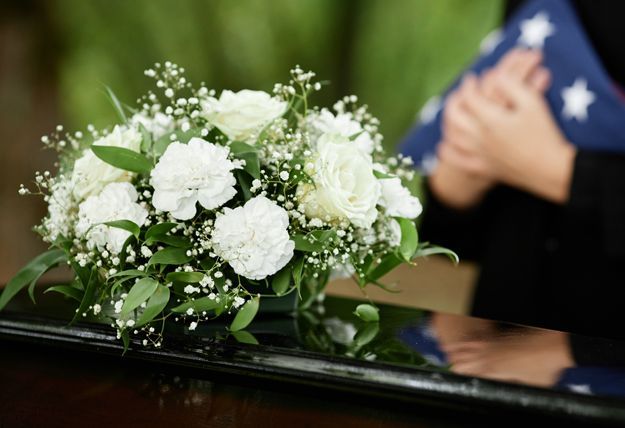Viewing and Visitation Etiquette
For many, having to attend a funeral can be an uncomfortable experience. I’ve noticed that people are often confused about proper etiquette, and also seem to be unsure of what’s expected of them when they arrive at the funeral home (or wherever the services may be taking place). If you get anxious, or aren’t quite sure what to expect when you attend one of these events, know that you’re in good company. I still get uncomfortable from time to time, and I’m immersed in these situations daily. Hopefully the following pointers can help to calm your anxiety surrounding these events, and allow for you to truly appreciate the funeral service. Remember, the service is not just for the one who has passed and their surviving family, but for you as well.
ATTIRE
As far as a dress code – there isn’t one. The “old school” mentality would lead you to believe that the only thing you can wear is something black, or dark. While there is certainly nothing wrong with this approach, I feel it is no longer the standard. I would recommend business professional attire, but business casual is fine as well. You can wear something colorful if you want, but don’t wear something that turns you into the center of attention. Use common sense, and be respectful.
Families, and the staff at the funeral home, understand that the timing of these events rarely suit all schedules. That being said, know your presence is ultimately much more important than what you’re wearing. Please don’t avoid attending simply because you feel as though you’re underdressed. If you lack the time or ability to change into something appropriate, don’t sweat it! Your attendance supersedes your attire, and the family will appreciate your presence (regardless of what you’re wearing). Don’t worry… we will still let you in if you’re wearing a dirty softball uniform.
WHAT TO EXPECT
If you’re apprehensive about what to expect when attending a funeral, look to the obituary for clues to ease your tension.
“Is the body present?” This is a question I frequently get when greeting visitors in the parking lot, or at the door. Anxiety, for some, stems from the prospect of actually having to see a deceased human being. Look at the wording of the obituary to better prepare yourself. There is typically a time before the funeral service where friends, family and acquaintances are able to greet the surviving family and pay their respects. If the obituary refers to this time as a “visitation,” then you can likely expect that the deceased has been cremated, the casket is closed, or the body isn’t present at all. The term “viewing” is typically associated with an open casket. Admittedly, I’ve seen these words used interchangeably, but most of the time they serve as a pretty good indicator. Additionally, if you see the term “memorial service,” you can expect to see an urn, or no remains whatsoever.
WHAT TO DO
If the obituary explains that a burial is to take place after the service, you can expect to be greeted by a funeral attendant in the parking lot as you arrive. It is the funeral home’s responsibility to properly park cars, separating those who wish to be part of the procession to the cemetery from those who are simply stopping by to pay their respects. Don’t just zoom into the parking lot, turn off your car, and dash inside. Look for an attendant – they don’t want to have to chase after you!
Once inside, a funeral director (or staff member) will likely point you in the direction of the register book. Typically, it’s right in front of you as you enter, but it could be elsewhere. If your relationship with the decedent is a bit obscure (let’s say you’re co-workers with one of the deceased’s children), then feel free to write a couple words beside your name to clarify the connection. Don’t blow off signing the register book; it’s a great reference tool for the family to review after a likely draining day.
After signing in, there will likely be a line to greet the surviving family. I’ve seen many people fret over this as well. I’ve been asked, “what do I say?” I can understand why this is stressful; there may be fifteen family members waiting to greet you, but you only know one of them. My advice is that you shouldn’t get so hung up on the fact that you’re meeting new people. There’s no need to fumble for the perfect thing to say, or attempt to find common ground and start a conversation with these strangers. Rather, be short and to the point. Introduce yourself, explain your relationship to the deceased (or to one of the surviving family members), and express your condolences. Your brevity will not be mistaken for rudeness. In fact, I find those who are long winded and are there to “catch up” to be much more ignorant to the family, and to those around them. After all, there is usually a line, and it’s not fair to hold others up because you’ve decided to take a walk down memory lane at the front of the chapel. If you have more to say, the family could surely use your kind words in the weeks and months following the service. Be sure to reach out to them. A phone call, or letter, or visit to their home can make all the difference, and it’s a perfect time to have a much more meaningful and healthy conversation.
So, the next time you attend a funeral, don’t get too bent out of shape. Chances are, there are others in attendance who are feeling somewhat uncomfortable too. Be yourself, and know that your attendance is healthy for you, and for those you’ve come to support. Be observant and respectful, and if you’re ever in doubt, simply ask a member of the staff for some guidance. We’re always glad to help, and there’s no question too weird to ask. Believe me! Hopefully some of these pointers will help you to shed the unnecessary anxiety you’ve dealt with in the past and to experience your next funeral with a clearer mind.
By: Gibby Parthemore











